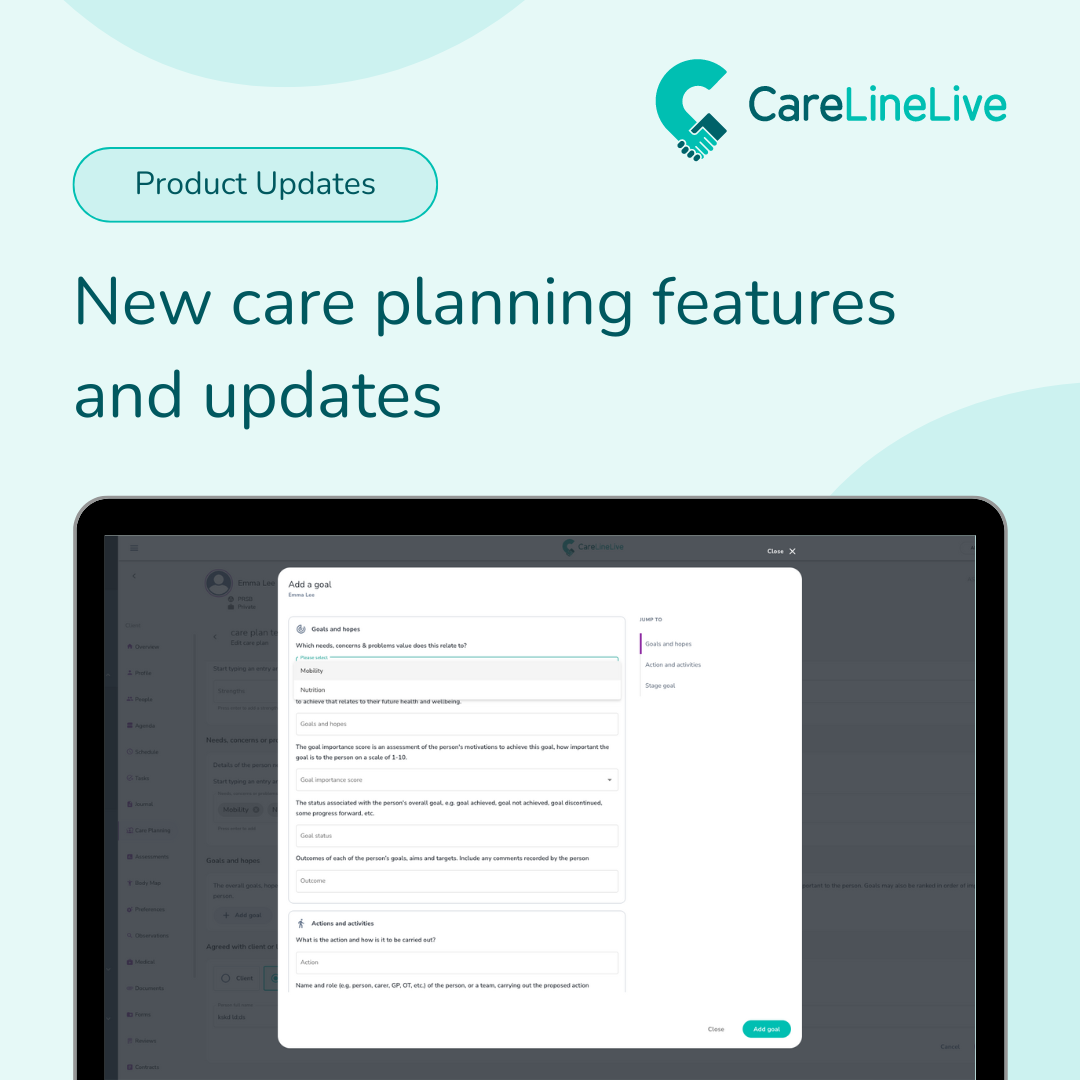The Royal Commission into Aged Care Quality and Safety has presented a series of recommendations to improve the accessibility of support services. Recommendation 28 involves merging existing assessment programs and services into a unified assessment system. This recommendation stems from the Commission’s discovery that the former aged care assessment process posed challenges for elderly individuals and their families to navigate. Many individuals experienced frustration as they frequently had to interact with multiple assessment organisations, repeatedly recounting their circumstances.
From from July 1st, the Integrated Assessment Tool (IAT) will be implemented as a component of the Single Assessment System. This tool will serve as the new method for determining eligibility for Australian Government-subsidised aged care, replacing the National Aged Care Screening and Assessment Form (NSAF).
The IAT will enable assessors to gather comprehensive information about elderly individuals in a single assessment, leading to personalised service recommendations and referrals based on each person’s specific requirements.
Note: There will be no changes to aged care eligibility requirements or referrals to urgent services.
Benefits of the Integrated Assessment Tool (IAT) for Stakeholders
One universal tool will cater to all types of assessments, equipped with features that offer the flexibility to customise questions according to various factors. These factors encompass background information, past responses, and the nature of the assessor and assessment, distinguishing between clinical and non-clinical contexts.
The validated tools are crafted to enhance the thoroughness and clinical significance of the assessment process. Moreover, the pre-population of pertinent details from triage and screening aims to streamline the experience for individuals, minimising the need for repetitive storytelling. By incorporating nested questions, assessments focus specifically on areas requiring further exploration, thereby facilitating a targeted assessment approach. Additionally, the threshold questions, which prompt additional inquiries for clinical assessors, enable ample time for a comprehensive investigation of highlighted issues.
Trials
Trials were conducted from April to July 2023 to gather data and determine the effectiveness and usefulness of the IAT across different assessment scenarios. These scenarios encompassed usability concerns and the identification of training deficiencies, crucial for the creation of tailored training materials.
A total of over 22,000 assessments were carried out by a workforce consisting of 22 organisations. The study enlisted the expertise of two specialised teams: the Aged Care Assessment Team (ACAT) and the Regional Assessment Service (RAS). These assessments encompassed a wide-ranging demographic, including First Nations People, individuals from Culturally and Linguistically Diverse Communities (CALD), individuals residing in the community, those in hospitals, and individuals living in rural and remote areas.
The outcome of trialling the tool
Assessor feedback played a crucial role in the trial and was gathered through various channels such as online surveys, fortnightly check-ins, and the MyAssessor community of practice. This feedback resulted in several enhancements to the IAT, including:
- Reordering the questions to lead to a more natural conversation flow and reduce the time needed for assessment
- Changing of language to better cater to a wide range of audiences
- Enhancing the quality of pre-populated data by incorporating information from registration, screening, prior assessments and input from medical and allied health professionals
- Changing the questions to better capture reablement needs early
- Addressing the usability of dropdown and hover help boxes, font size and color to enhance readability and user experience. Furthermore, modifications were made to response types to ensure more precise data recording, incorporating additional free text and option types.
Assessor concerns
Concerns have been raised regarding the appropriateness of the Duke Social Support Index (DSSI) and General Practitioner Assessment of Cognition (GP-COG) for individuals from culturally and linguistically diverse backgrounds, as well as First Nations People.
The teams will persist in utilising the Kimberley Indigenous Cognitive Assessment (KICA-COG) for First Nations clients. These tools have undergone validation, establishing them as the most suitable and dependable instruments for evaluating the unique requirements of these communities.
The Department of Health and Aged Care is set to create training programs to assist assessors in utilising these tools effectively. Moreover, they will enlist expert guidance to evaluate the application of validated tools in the IAT, aiming to enhance guidance and training resources for assessors. Additionally, a review of the language and questions within the IAT will be conducted to enhance cultural safety for diverse groups.
Moving forward
In summary, starting on the 1st of July, the Aged Care Assessment Teams and the Regional Assessment Service will move forward with the implementation of the Integrated Assessment Tool for evaluating individuals for in-home aged care programs and residential care. To enhance efficiency, the IAT will undergo necessary updates to align with the launch of the Single Assessment System by late 2024 and the new Aged Care Act and Support at Home program commencing on the 1st of July 2025.
Users of CareLineLive will appreciate the significant advantages of utilising software that has been meticulously crafted from the ground up, tailored specifically for the home care market. To explore how CareLineLive can enhance the efficiency and person-centered approach of home care services, schedule a demo today.



